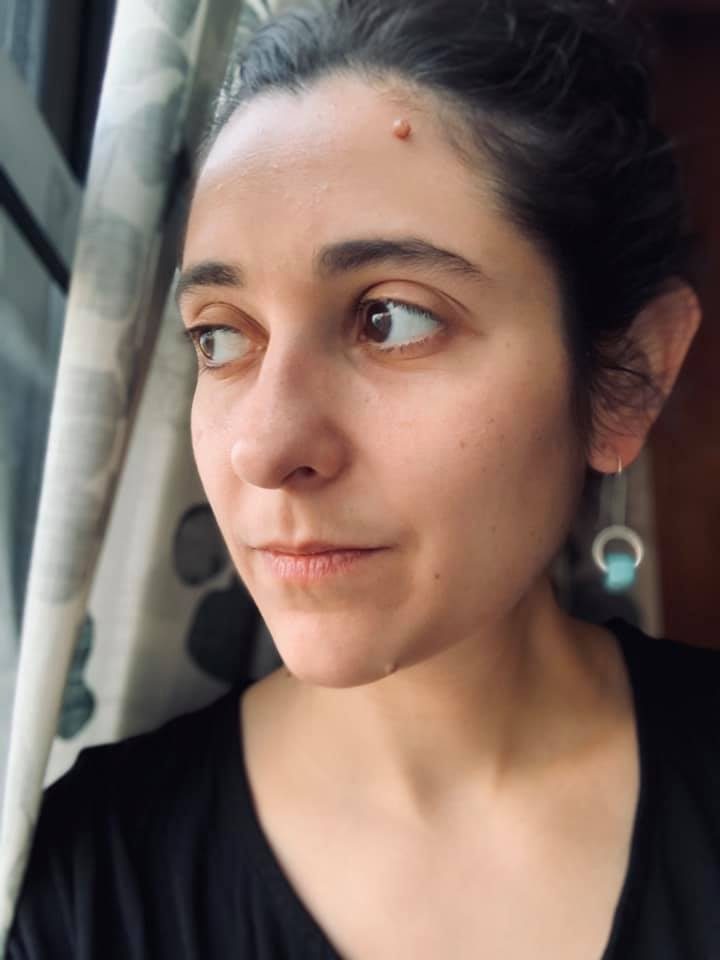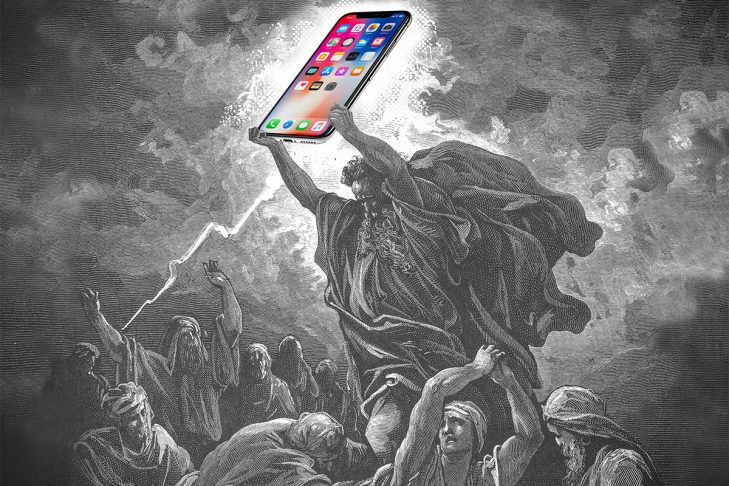What holy work can be done through the use of technology, and what must be done in person or by hand?
This is the question being asked today in every prayer community. These questions can feel mundane and perhaps even trivial. We want to focus our energy on creating powerful, emotional moments of prayer and connection. The logistical questions feel like they drag us down. But they are not new, and they are important.
Parashat Naso is most well-known for containing the Priestly Blessing. These three verses are among the most poetic, powerful and moving words in the Torah. We recite them to our children and to anyone upon whom we wish to bestow blessings. Immediately following these blessings, however, is an entirely prosaic passage of far lower renown, but one which provides important insight into the question at hand.
In this passage, the Torah details how the heads of each tribe bring some very practical gifts: “Six draught carts and twelve oxen, a cart for every two chieftains and an ox for each one” (Numbers 7:3). Moses accepts these gifts and is instructed by God to redistribute them to the Levites for use “according to their respective services” (7:6). Every group of priests is given the tools they need to do their work—two carts and four oxen for one, four carts and eight oxen for another—with one exception: “But to the Kohathites he did not give any; since theirs was the service of the [most] sacred objects, their labor was by shoulder” (7:9). Some work is too holy to be done through use of carts and oxen. The carrying of the ark must be done on human shoulders.
This year, the tools we have used in our service of God have been Wi-Fi and cameras, rather than oxen and carts. These tools have allowed us to continue learning and praying. They have helped us build community, even when we couldn’t gather together. For many of these activities, we have discovered that “virtual” is not only just as good, it can be better! Our new microphones and iPads, purchased in order to teach Torah and broadcast Kabbalat Shabbat, are indeed holy offerings. But there are some activities for which they fall short. Sometimes, we need to carry the ark on our own shoulders. There is no virtual substitute for physically holding a Torah scroll. Nothing can simulate the feeling of a shovel in your hand, burying the dead with honor. Pastoral care through the phone can be transformative, but it will never replace the power of holding someone’s hand.
The Talmud quotes this verse amidst a collection of possible explanations for how we know there was singing in the Temple:
And a tanna cites a derivation for the requirement for the Levites to accompany the Temple offerings with song from here: “But unto the sons of Kohath he gave none, because the service of the holy things belonged to them: They bore them [yisa’u] upon their shoulders” (Numbers 7:9). By inference from that which is stated, “upon their shoulders,” don’t I know that they bore them? Why must the verse state “yisa’u”? The term “yisa’u” is not stated here in its meaning of “they bore them,” but rather as an expression of song. And similarly, the verse states: “Take up [se’u] the melody, and sound the timbrel,” and another verse states: “They lift up [yisu] their voice, they sing for joy” (Babylonian Talmud, Arakhin 11a).
The tanna, the reciter and teacher of this text, tells us that there is an extra word in this line: “yisa’u/they bore, they carried.” This word is redundant and therefore must have an additional meaning and significance. The rabbis take this line about the importance of carrying out work on our own shoulders, and reread the word to mean: lift up in joyful song. Some things can be done by machines, through technology, but when we do the work on our own shoulders, it sings.

We pray for the opportunity to join together in person, to carry the load on our own shoulders and to lift up our voices in song together.
Rabbi Avi Killip is vice president of strategy and programs at Hadar. A graduate of the Hebrew College Rabbinical School, Avi also holds bachelor’s and master’s degrees from Brandeis University. She was a Wexner Graduate Fellow and a Schusterman Fellow. Avi teaches as part of Hadar’s faculty and is host of the Responsa Radio podcast. Avi lives in Riverdale, New York, with her husband and three young children.
This post has been contributed by a third party. The opinions, facts and any media content are presented solely by the author, and JewishBoston assumes no responsibility for them. Want to add your voice to the conversation? Publish your own post here. MORE


